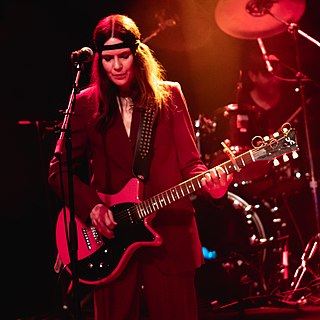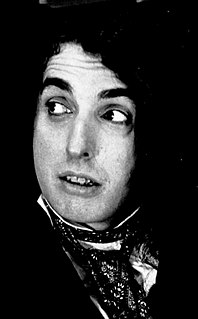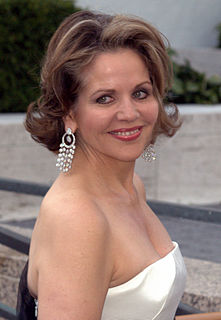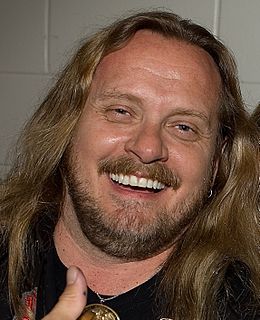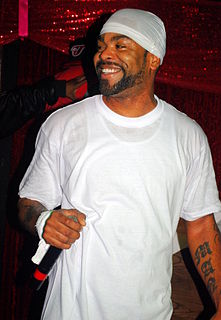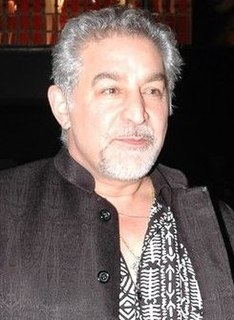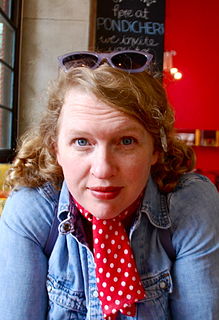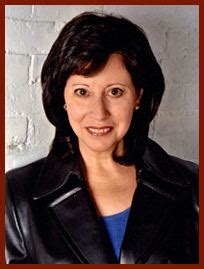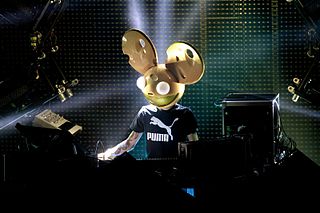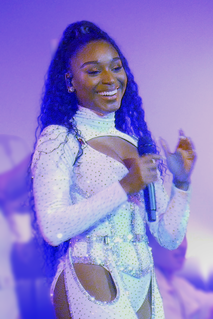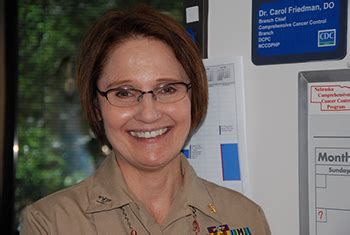A Quote by Juliana Hatfield
Related Quotes
I don't think I'm turning back the clock by doing these old tunes. I love rock and roll and popular music. It's just that the spirits of the singers whose songs I do are living within me. That's why the songs come out in the voices of the original singers. I'm not doing imitations. That's the way they sound inside me.
I think we did our first session in 1958. There were no black background singers - there were only white singers. They weren't even called background singers; they were just called singers. I don't know who gave us the name 'background singers,' but I think that came about when The Blossoms started doing background.
We're looking for stories that speak to us. We're looking for stories that connect us with something true. But, instead, a lot of the time we get strippers. All I'm saying is, when boys are writing the stories, the percentage of strippers is bound to go up. And real stories about real women kinda don't get written at all.
